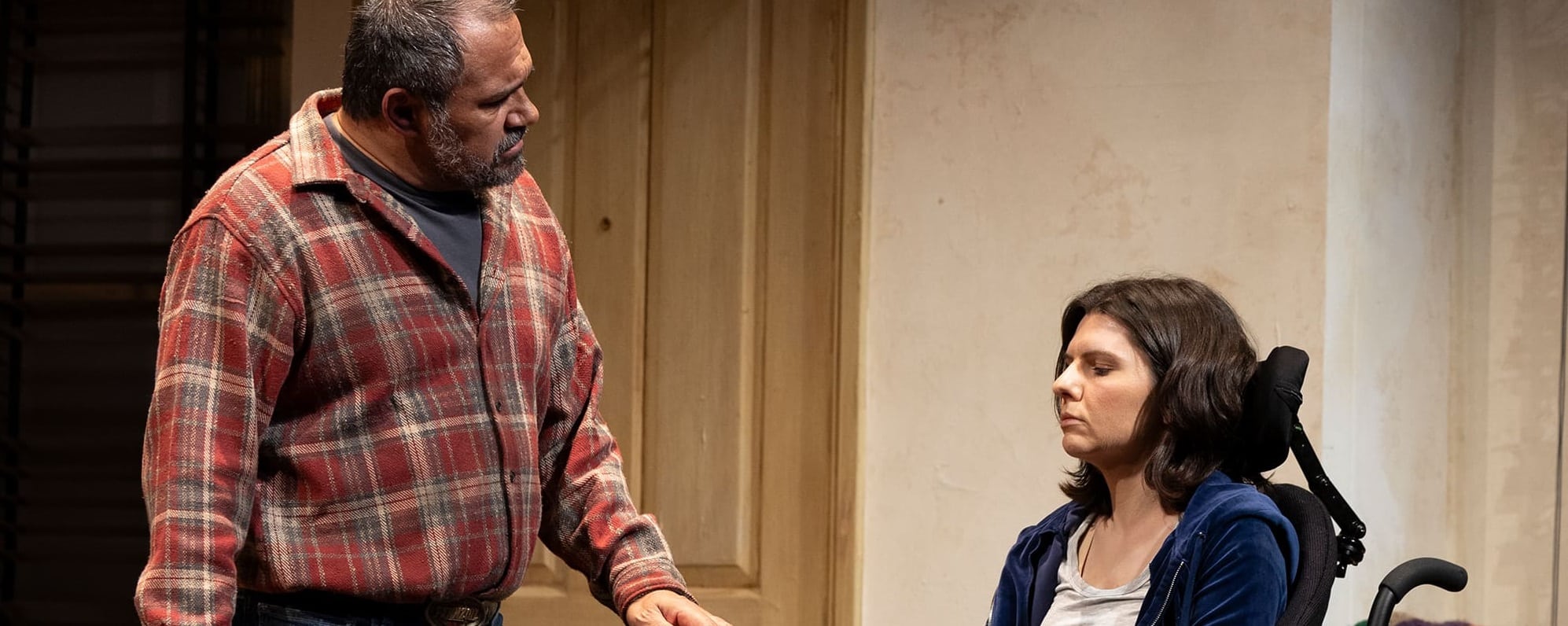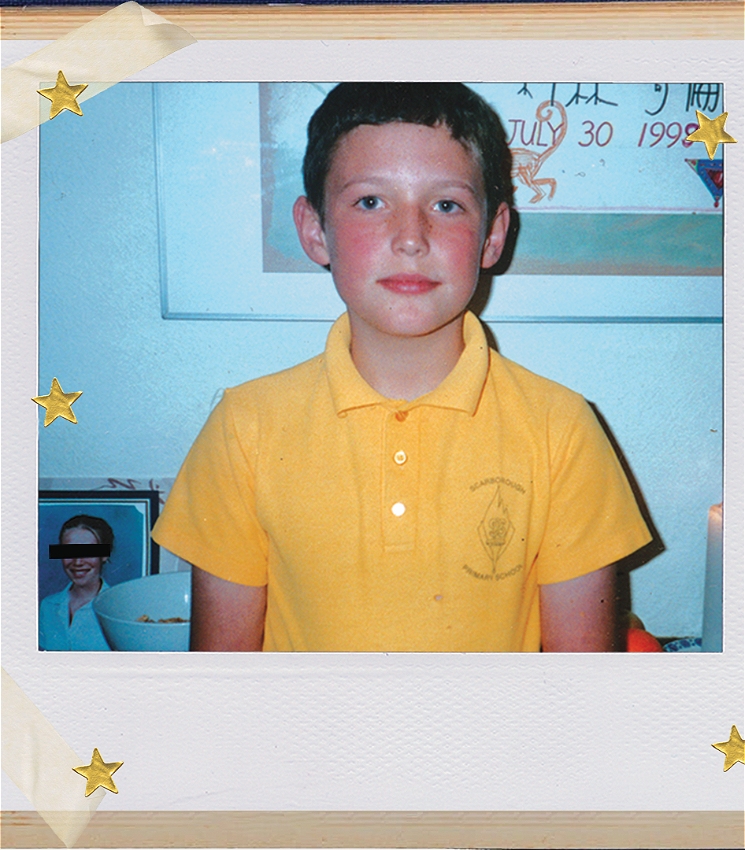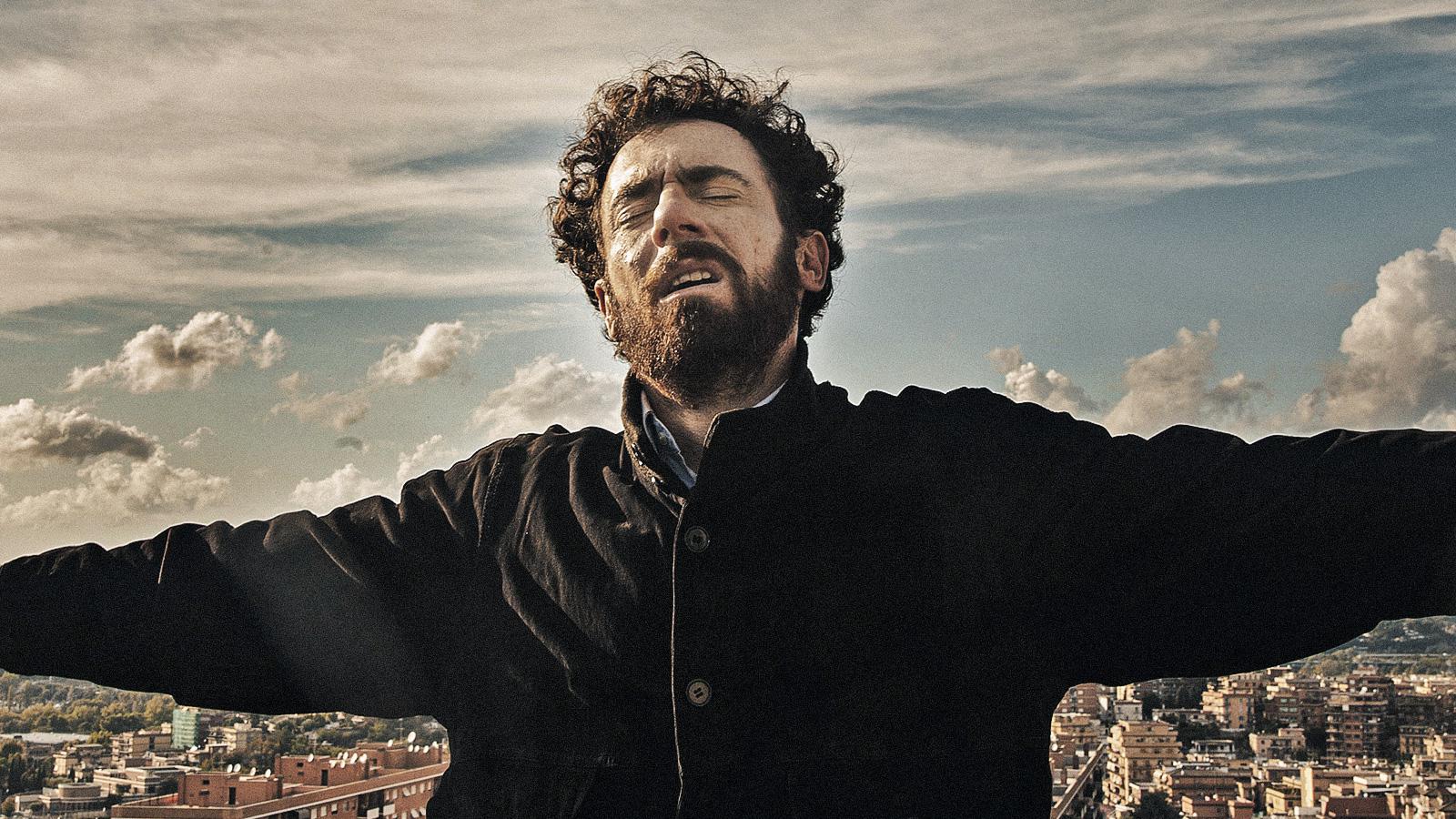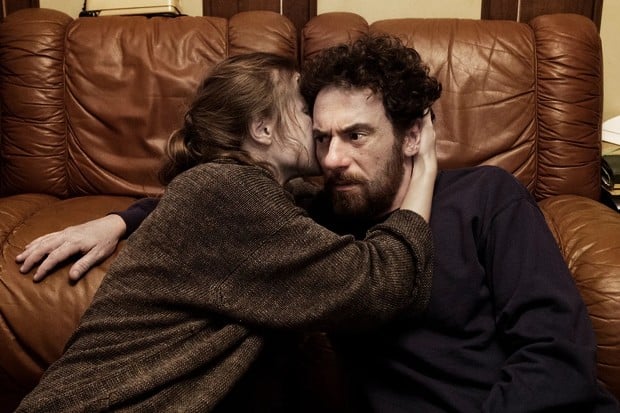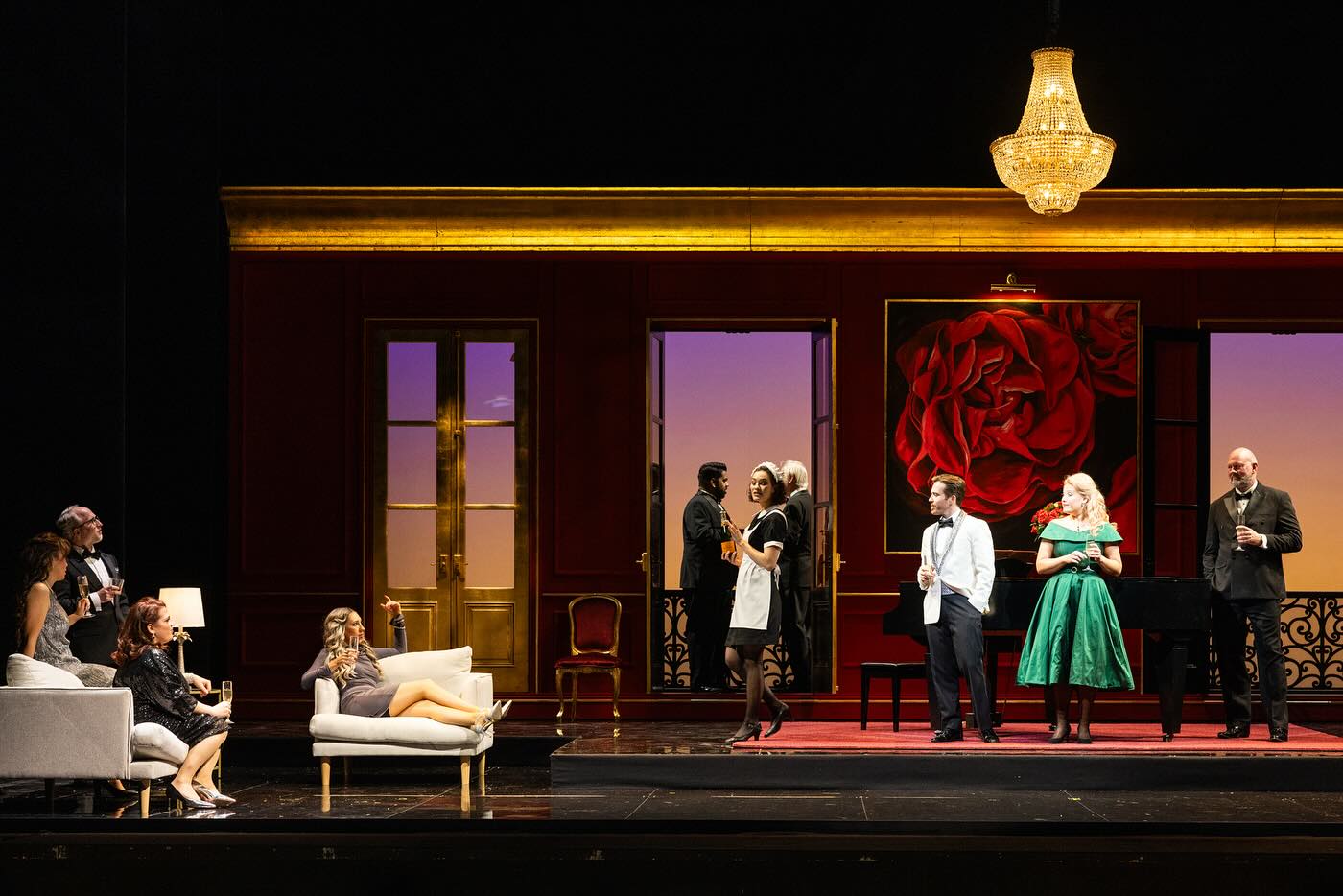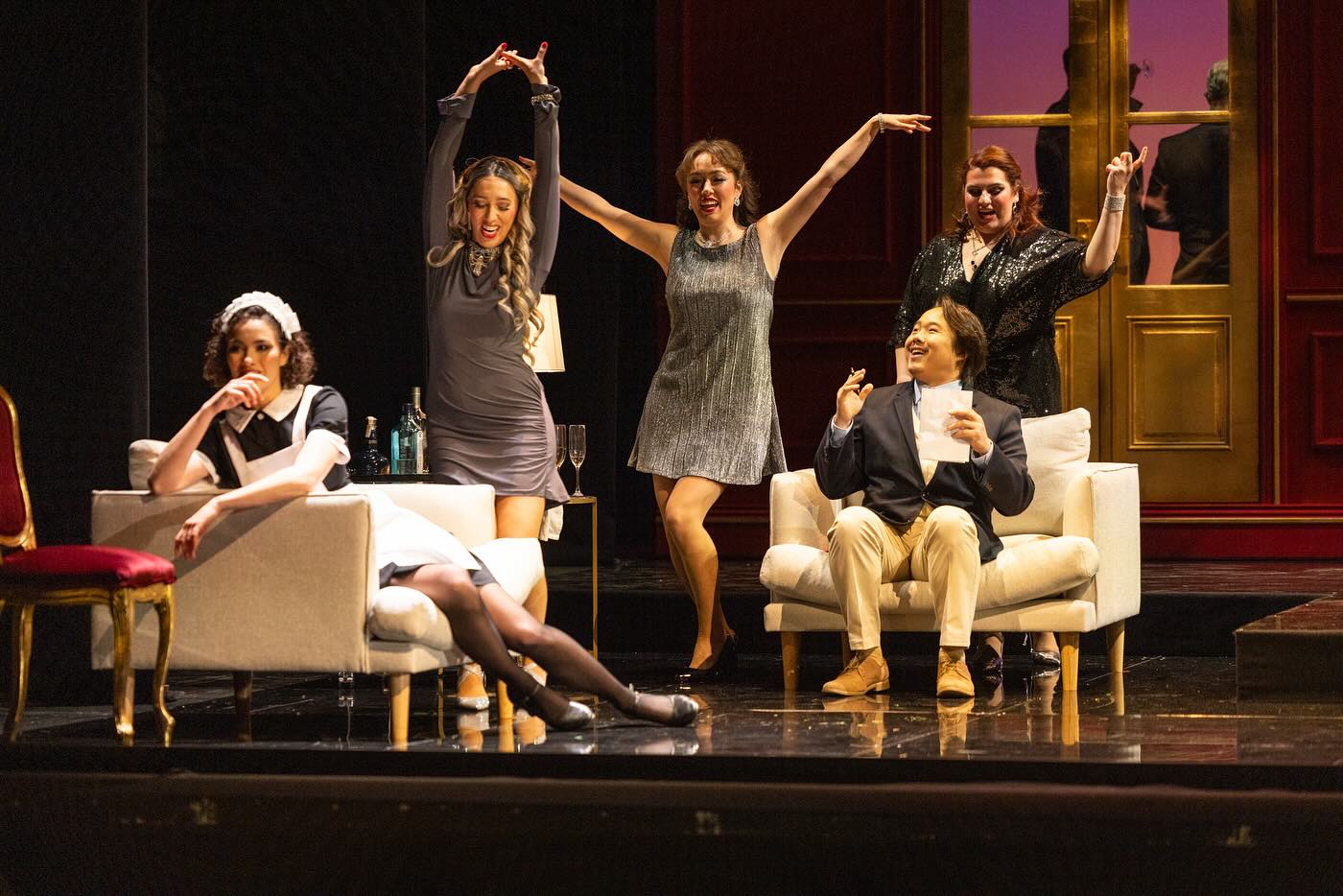The phrase “cost of living” has been in the headlines for months, typically evoking the daily grind of bills and inflation. However, Cost of Living, staged by the Melbourne Theatre Company, takes this notion far beyond the material to explore what it truly costs to stay alive in emotional, psychological, and social terms. This profound play, directed by Anthea Williams, dives deeply into the human condition, unveiling our universal need for connection, love, and vulnerability.
The cast features Rachel Edmonds as Ani, Aaron Pedersen as Eddie, Mabel Li as Jess, and Oli Pizzey Stratford as John. Each character brings a unique perspective on life’s challenges, offering a rich tapestry of experiences woven together by a common thread: the need for connection. Despite their differences in race, class, and physical ability, each character is driven by an almost primal need not to be alone, and the play skillfully portrays how connection can develop from unexpected circumstances.
Powerful Performances: Characters Brought to Life
The play revolves around two distinct relationships shaped by circumstances and necessity. The first is between Ani, who is quadriplegic after a traumatic accident, and her estranged ex-husband Eddie, a truck driver struggling with guilt and a broken heart. Rachel Edmonds delivers a raw, deeply moving performance as Ani, capturing her desperation to cling to independence despite her circumstances. Aaron Pedersen, as Eddie, is poetic and tender; his vulnerability and deep love for Ani are revealed as the play progresses. Initially, under the guise of a financial and historical connection, their interactions evolve into something much deeper and more human. The complexity of their relationship is palpable, and their reconnection, though tinged with sadness, is beautiful.
The second pairing is between Jess, a student and caregiver, and John, a wealthy man with cerebral palsy. Mabel Li plays Jess with a nuanced mix of warmth and steely resolve as she navigates the world alone and fights to be seen in a society that often overlooks her. Oli Pizzey Stratford, as John, also makes his debut on the MTC stage, offering a compelling portrayal of privilege and vulnerability. Their relationship begins as a simple financial transaction. Still, as layers of emotional need are peeled back, it becomes much more complex. Both actors deliver raw, honest performances that leave the audience contemplating the nature of human interaction.
These performances are compelling because they are given by actors with disabilities, portraying lived experiences that we seldom see authentically on stage. This casting choice adds to the stakes of the play.
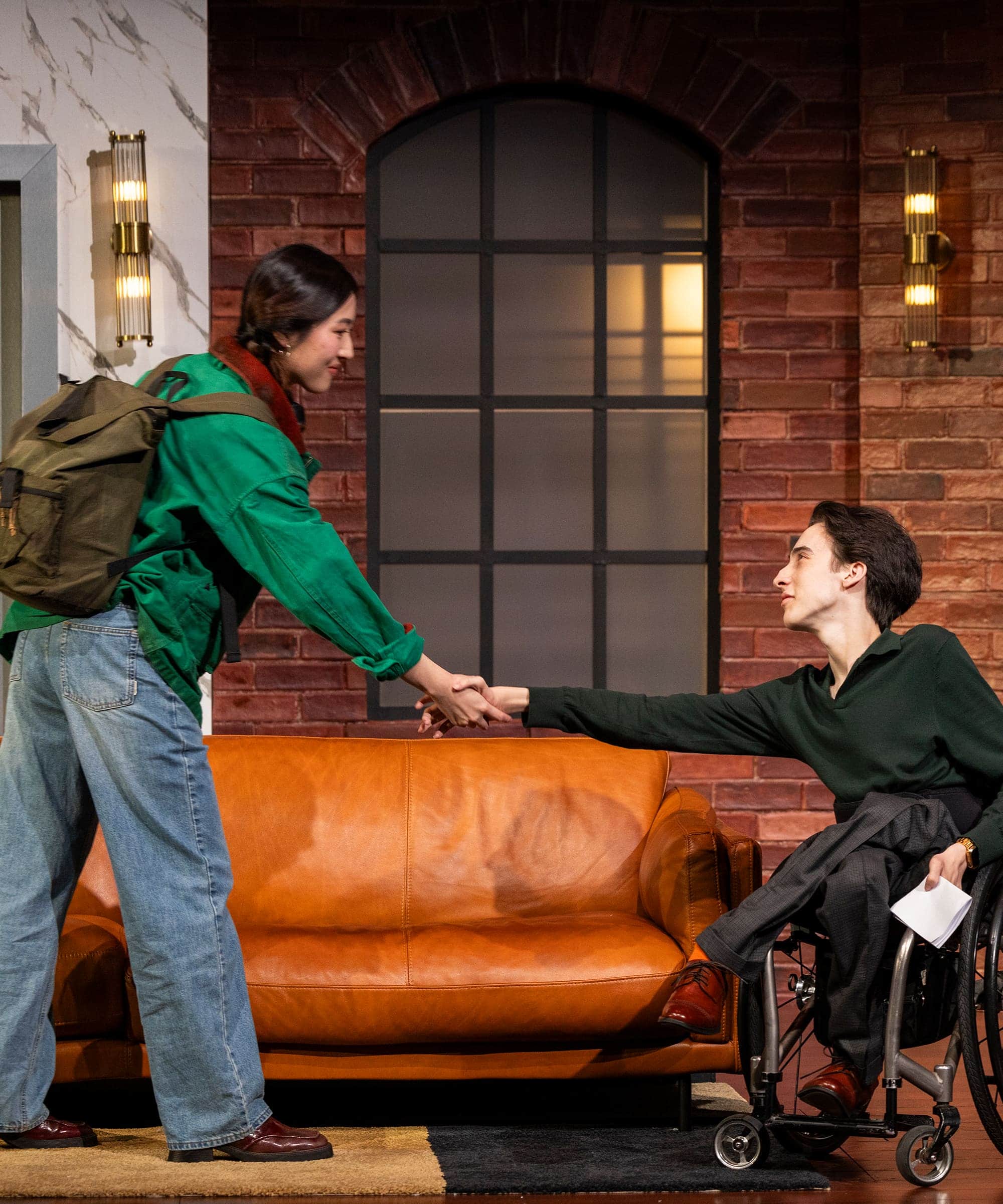
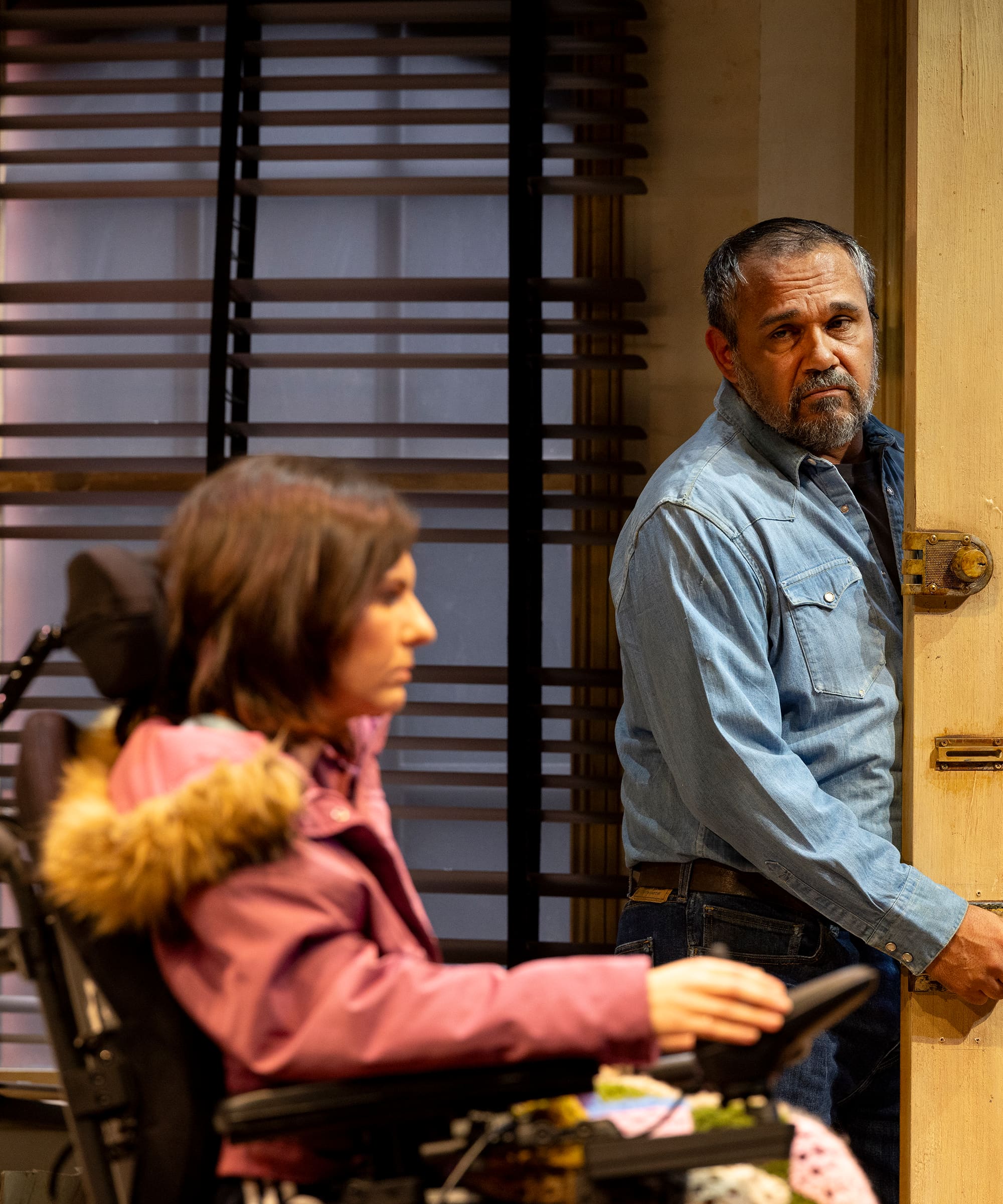
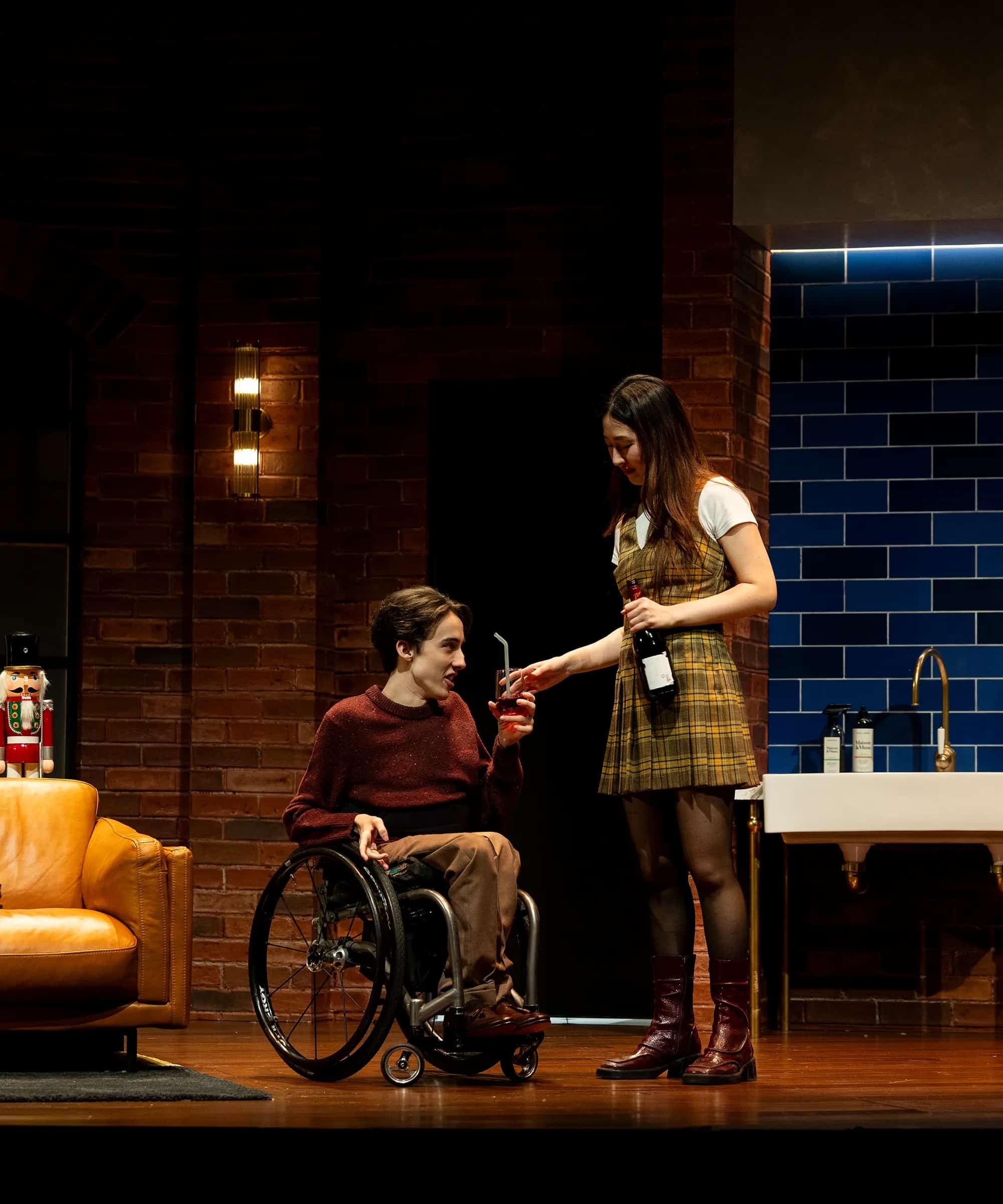
Set Design as Another Character
Matilda Woodroofe’s set design plays a significant role in telling the story. The contrasting environments reflect the socio-economic disparities between the characters, with the set serving as almost another character in the play. The movement and shifts of the stage echo the tempo of the action, fluid and purposeful. At times, it feels as though the set is breathing with the actors, reinforcing the pace and emotion of the scenes.
One standout aspect of the production is the decision to present the show without an intermission. At two hours long, a show can feel tedious without a break, but not Cost of Living. The tension and pacing build seamlessly, keeping the audience engaged from start to finish. The absence of an intermission feels like a deliberate choice to maintain the intensity of the emotional journey. It allows the audience to fully immerse themselves in the characters’ raw emotions without breaking the spell.
The Heart of Humanity
What sets Cost of Living apart is its focus on the human condition—the need to love and be loved, to connect, and to survive, regardless of physical or emotional barriers. As Eddie poignantly states midway through the play, “Th” That’s how people work.” T” in line encapsulates the entire production. Regardless of ability or circumstance, no one is immune to the human need for connection.
A common refrain in the disability community is that everyone has access needs, and the Cost of Living lays this idea bare. Each character’s physical, emotional, or financial care is examined honestly. Eddie and Jess, who live without physical disabilities, are revealed to have just as much need for care and connection as those they look after. We are reminded that humanity evolved as a collective, and our attempts to imagine otherwise are little more than fantasy.
A Final Word
Ultimately, the Cost of Living is a powerful and authentic portrayal of vulnerability and loss. It strips back the layers of what it means to be alive, exposing the actual cost of living: love, empathy, and human connection. The performances are stellar, the script beautifully crafted, and the direction tight and focused. This play will leave you thinking long after the final bow, and it’s something you’ll replicate any time soon.
Anthea Williams, her creative team, and the exceptional cast have delivered a production that reminds us of the importance of community and compassion. As Williams says, “The only thing that keeps us whole in the end is our connection to and love for one another.”
Photography by Jo Duck Production photos by Pia Johnson
This review also appears on It’s On The House. Check out more reviews at Whats The Show to see what else is on in your town.
